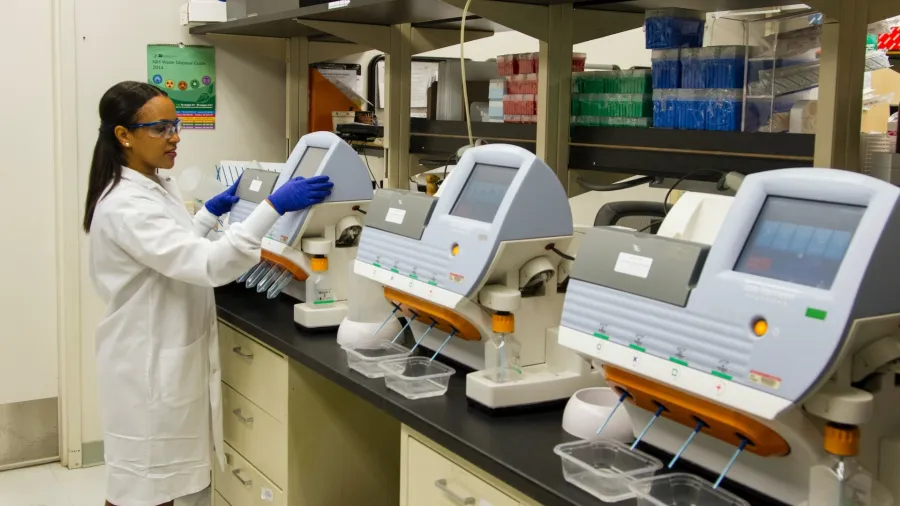
AI to propel $1.2b growth in medical devices industry by 2027
The sector will see a 29% rate, driven by strong demand for AI-enhanced instruments.
Artificial intelligence (AI) in the medical devices industry is projected to deliver growth of 29%, reaching $1.2b in 2027 from $336m in 2023, according to a report from GlobalData.
The report stated that the demand for healthcare systems with reduced time, lowered costs, and missed detections for diagnosing patients has paved the way for its nearly 30% compound annual growth rate (CAGR) in the market.
With specialists utilising computer vision and supplementary diagnostic applications, the use of AI has helped decrease error rates in cancer detection. One example is a group of pathologists who applied AI in identifying cancer-positive lymph nodes having a reduced error rate from 3.4% to 0.5%.
ALSO READ: The majority of APAC medtech firms setting ESG targets: report
“A common use of AI in medical has been in diagnostic settings, where the speed and accuracy of diagnosing difficult-to-identify image abnormalities by the human eye are flagged by AI algorithms," Brian Hicks, Senior Analyst of Medical Devices of GlobalData, said.
"Furthermore, due to the ability of AI to flag potential indication-positive cases in a fraction of the time it takes for physicians, with similar if not greater accuracy, many additional patient profiles can be reviewed with unprecedented speed,” Hicks added.
Companies like Aidoc have invested in specialties, such as AI-enhanced medical imaging and deep learning technology. Several investments in the medical industry are centred on the development of imaging and diagnostic spaces, transitioning from more traditional hardware and surgical instruments.



















 Advertise
Advertise






